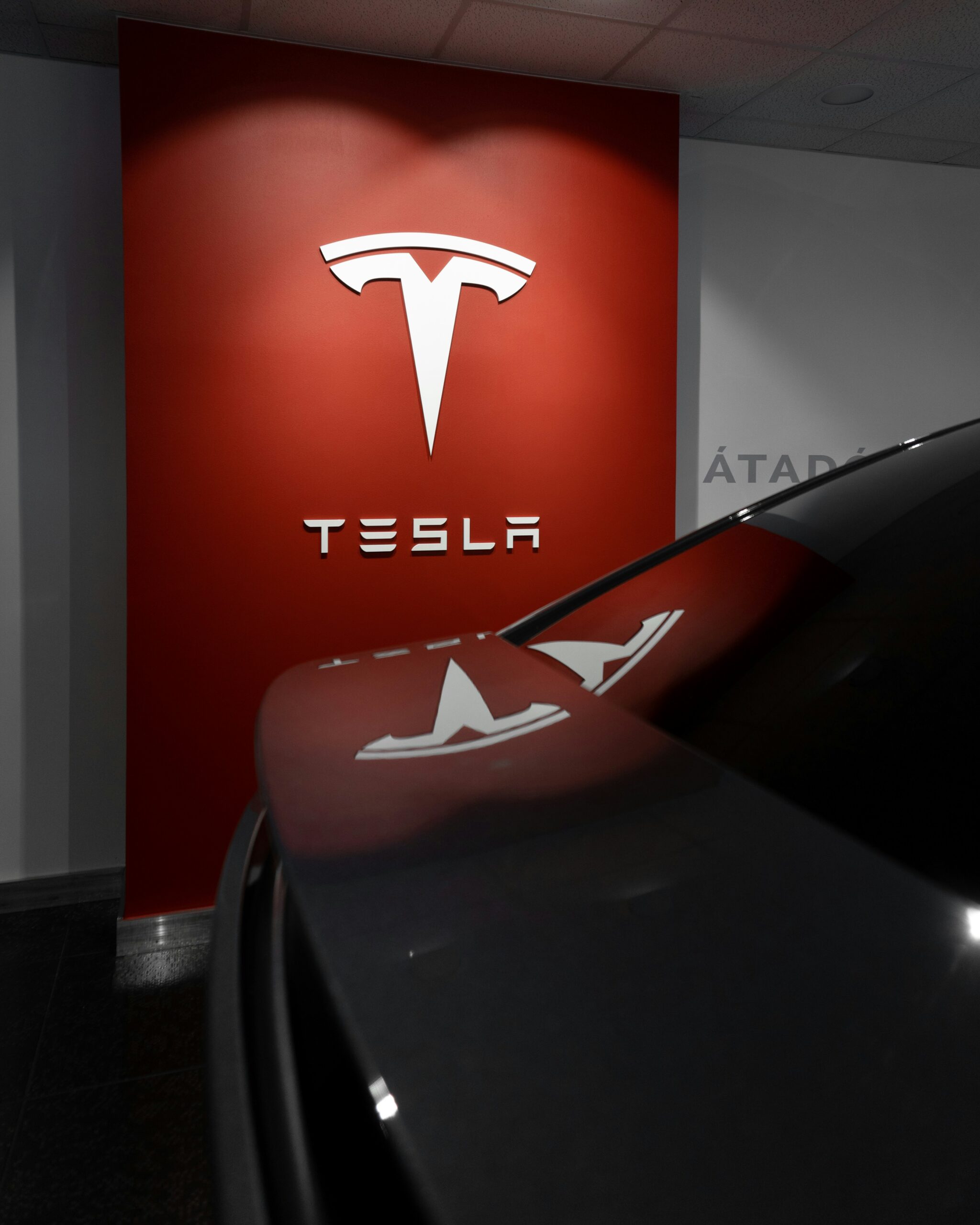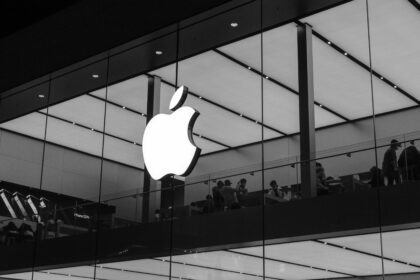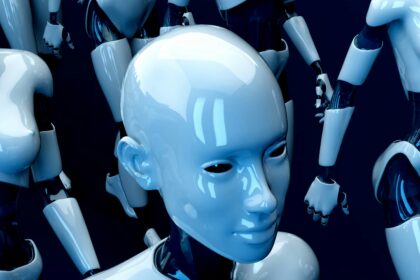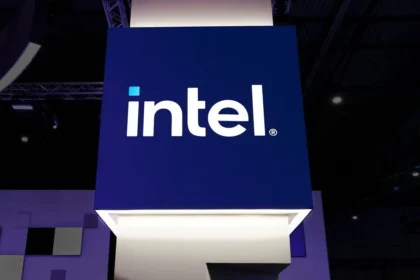Tesla is dismantling the team behind its Dojo supercomputer, marking the end of its in-house AI chip ambitions for driverless technology, according to Bloomberg. Dojo’s leader, Peter Bannon, is leaving the company, while remaining team members will be reassigned to other Tesla data center and computer initiatives.
Dojo’s momentum reportedly stalled in August 2024, when Elon Musk began promoting “Cortex,” Tesla’s new AI training supercluster at its Austin headquarters aimed at solving real-world AI challenges.
First unveiled at AI Day in 2021, Dojo combined custom-built D1 chips with Nvidia GPUs, with plans for a next-gen D2 chip to address information bottlenecks. Now, Tesla will rely more heavily on Nvidia, AMD, and Samsung, recently signing a $16.5 billion deal with Samsung to produce its AI6 inference chips for use in Full Self-Driving (FSD), Optimus humanoid robots, and high-performance AI training.
Musk hinted at merging chip efforts during Tesla’s Q2 earnings call, noting that future designs might converge into a single chip for multiple applications.
Related: Elon Musk’s Boring Company To Dig Tesla Tunnel Beneath Nashville
The decision follows the departure of 20 former Dojo engineers, who founded AI startup DensityAI to develop chips, hardware, and software for robotics, AI agents, and automotive AI.
Tesla’s move comes at a pivotal moment. Musk is pushing to redefine the company as an AI and robotics powerhouse despite limited early results from its Austin robotaxi rollout in June, which drew safety concerns. The shutdown marks a strategic pivot away from a project Musk once described as the cornerstone of Tesla’s AI vision, an ambition that analysts at Morgan Stanley predicted in 2023 could add $500 billion to Tesla’s market value.







